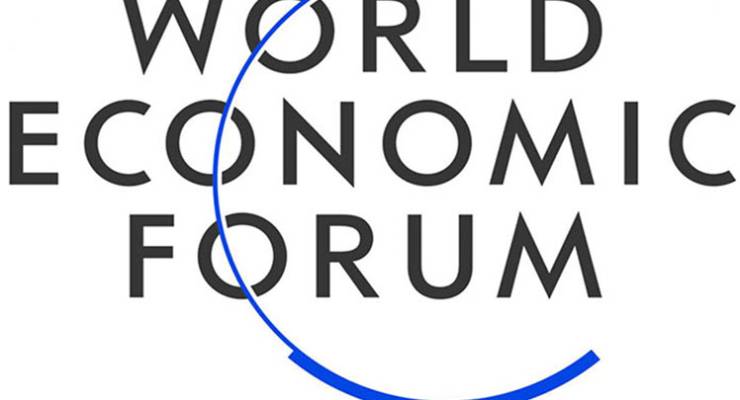
While serious institutions like the International Monetary Fund and the World Bank actually attempt to grapple with the real-world consequences of neoliberalism, the Davos, Switzerland-based “World Economic Forum”, funded by the world’s biggest companies (including many of the world’s biggest tax dodgers), continues its work as the global propaganda arm of free-market economics. Its annual “Global Competitiveness Index” is one of the primary mechanisms for promoting corporate tax cuts and labour market deregulation around the world: WEF issues its index, and gullible journalists and clever employer groups like the Australian Industry Group either use the results to deplore the loss of competitiveness of their country and urge more reforms, or welcome the results as a demonstration of the benefits of undertaking reform, and urge more of it.
As Crikey has long been pointing out, the index, which is based on a survey of a few dozen business executives in each country, is laughably unrigorous and reflects exactly the kind of biases you’d expect if you asked some execs what they thought over a few wines in an airport lounge. And so it is with this year’s index, released overnight, showing Switzerland yet again the world’s most competitive country (because the WEF is Swiss, the Swiss must always come first).
But while this is good for a giggle, there’s a dark side to it: as part of its industrial relations agenda, the WEF actively endorses countries that are associated with slavery and the worst forms of labour abuse. As we’ve noted previously, the WEF loves the oil sheikhdoms of the Middle East, and this year is no different, with the United Arab Emirates and Qatar both in the top 25 (Australia came 21st). Drill down into the results, though, and you start to see why the WEF loves the oil theocracies. On “labor market efficiency”, the WEF ranks both the UAE and Qatar well above Australia; they particularly rank well on “flexibility”, where Australian business executives rank Australia 80th. That is, despite Australian workers enduring years of wage stagnation, industrial disputes falling to historic lows, productivity growing strongly and both the Productivity Commission and the Reserve Bank lauding the flexibility of our industrial relations system, Australian business says we’re among the worst in the world.
But we digress.
There’s a reason that Qatar (eighth in the world) and the UAE (4th in the world) and other oil sheikhdoms perform so well on industrial relations flexibility: because they use slavery. Last year Qatar was warned by the UN to abandon its practice of using forced migrant labour to build facilities for the 2022 soccer world cup. It is estimated the country has over 30,000 workers in slavery. The UAE has long been known for forcing workers to work in what have been termed “prison-like conditions”. The predominantly African and Asian female domestic workforce in the UAE is the subject of frightening abuse and mistreatment and has virtually no rights of any kind. The Gulf states are a hellhole for any worker from a developing country desperate enough to take a job there: they find themselves trapped with their passports taken, forced to work for little or no pay, with no access to basic health services, and no legal rights. This is what the WEF’s publication is promoting and endorsing with its ratings.
And speaking of that Qatar world cup: that bid was won with extraordinary levels of bribery, which have been covered up by the world’s most corrupt sporting body, FIFA. But guess where Qatar comes on the “ethics and corruption” category? Fifth in the world, eleven spots ahead of Australia. According to Transparency International, Qatar actually ranks way down at 31st on its corruption index; the UAE comes third on the WEF’s “ethics and corruption” index but 24th on that of the body that actually takes corruption seriously. But then it’s hard to figure out exactly what’s going on in that category — the WEF ranks Rwanda ahead of Australia on corruption, despite the Rwandans coming 50th for Transparency International. In fact, in 2014 a Transparency International official was murdered in Rwanda. Still, presumably the WEF knows better.
It’d be easier to take this nonsense seriously if the WEF renamed itself to reflect its agenda more accurately. Something like the World Crony Capitalism and Slavery Forum would be apt. Probably wouldn’t get as many celebs to Davos every year though.








Crikey is committed to hosting lively discussions. Help us keep the conversation useful, interesting and welcoming. We aim to publish comments quickly in the interest of promoting robust conversation, but we’re a small team and we deploy filters to protect against legal risk. Occasionally your comment may be held up while we review, but we’re working as fast as we can to keep the conversation rolling.
The Crikey comment section is members-only content. Please subscribe to leave a comment.
The Crikey comment section is members-only content. Please login to leave a comment.